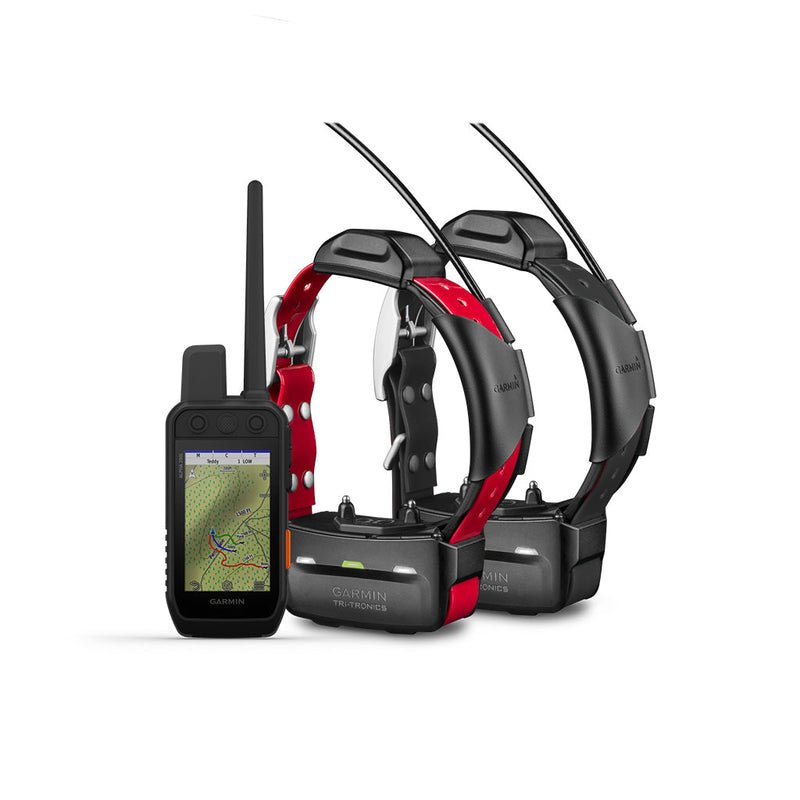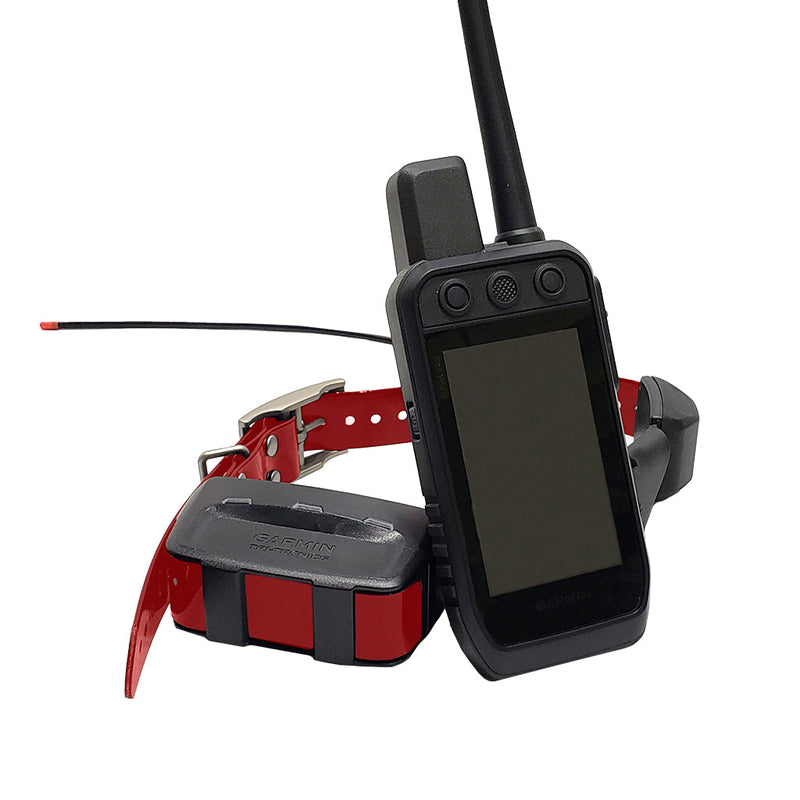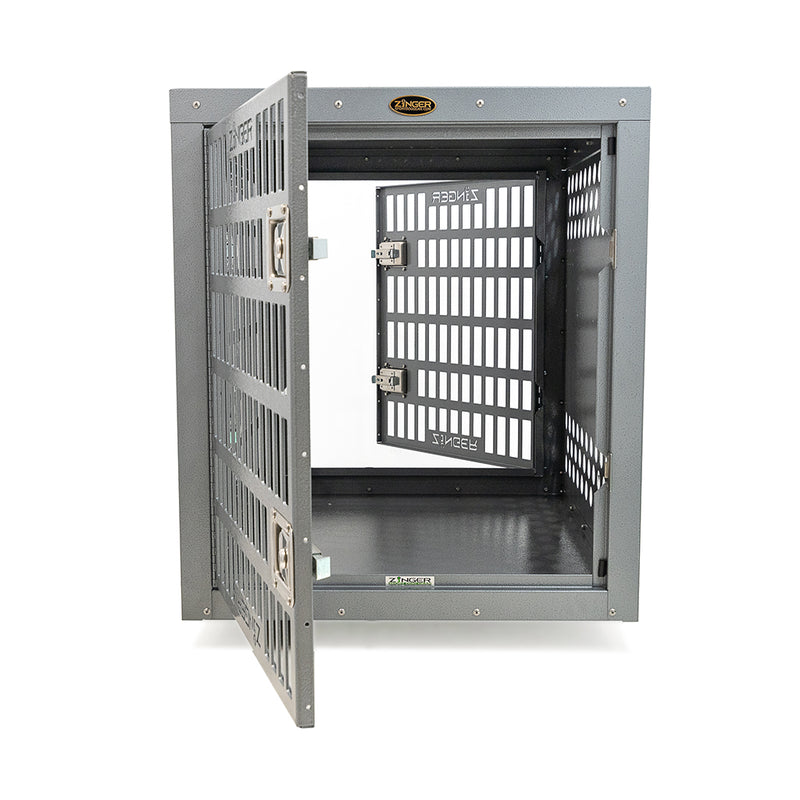Your Cart is Empty
Electronic Collars
Collars and Leads
Dog Tracking Systems
Dog Training
Bird Launchers
Hunting Dog Supplies
For The Hunter
Bob Rider's Tips on Wound Treatment (LCS Bird Dog Days 2015)
September 30, 2015 3 min read
The Lion Country Supply Bird Dog Days event earlier this month was a great success with plenty of information shared by the professionals. And I personally thought the sporting dog first aid session given by Dr. Bob Rider of the Metzger Animal Hospital was invaluable to me as a dog owner. Dr. Rider shared information that would take any dog owner plenty of research and time to obtain, but he made information gathering a lot easier for those of us who were at the event. Also it's reassuring to hear it directly from a veterinarian associated with one of the most experienced animal hospitals in Pennsylvania.

Dr. Rider gave some great advice on treatment of dog injuries and health issues that can occur at home and in the field. And although any dog can face serious injury, gun dogs in the field might be most vulnerable to severe cuts, punctures, and even gunshot wounds. Dr. Rider provided a short list of items every dog owner should have on hand, and one of the most important items he spoke about was blood clot coagulants for severe cuts and wounds.
Bleeding wounds are a serious injury that needs to be addressed quickly and properly. Applications like EMT Gel or EMT Spray will slow bleeding and form a protective barrier over cuts and deep wounds, and it also helps prevent infection and reduce pain. Some hunters go to the extent of carrying EMT Gel in their hunting vest just in case that dreadful moment of severe injury to your dog occurs. Also Kwik Stop styptic powder or stick could be carried in the dog's first aid kit for treatment of smaller cuts and wounds. And if you find yourself with your dog in a severe injury situation and these treatments are not on hand, there are some reliable home remedies that will suffice. A mixture of flour and cornstarch works well to control wound bleeding, and packing sugar in a wound works well because it helps seal the wound and prevent bacteria from entering the bloodstream by creating a barrier where bacteria cannot survive. Sugar also helps reduce swelling and burning.
Dr. Rider suggests in the case of severe bleeding to quickly dress the wound and apply pressure for 10-15 minutes, or as long as necessary. Also do not to spend a lot of time cleaning the wound because the urgency is getting the dog to the vet where the vet can treat and clean the wound properly.
For pain, joint inflammation and arthritis use aspirin for your dog. The dosage should be one 325mg buffered aspirin per 40lbs of weight, and one 81mg buffered aspirin for smaller dogs 10lbs or less. Tylenol and Ibuprofen are not recommended for dogs because they can cause severe liver damage.
Also pay attention to injuries with any swelling developing, or if your dog is holding its leg up or walking awkwardly, because it may indicate a fracture. If you do suspect a fracture keep the dog stabilized because an excited dog with a broken leg could jump and run like it has no injury.
Some dogs frequently experience diarrhea, intestinal problems and motion sickness. Dr. Rider recommends treating these symptoms with Cerenia to get rid of bad stomach and intestinal bugs. Cerenia also slows down the digestive system enabling more water absorption which helps control diarrhea. Another intestinal treatment is FortiFlora Probiotic Supplement0 for promoting intestinal health. It helps control flatulence and diarrhea by introducing live active cultures into the digestive system. And metronidazole (Flagyl) calms the stomach, protects against bowel infections, giardia, and also mouth infections. And if you don't have the above mentioned items on hand you can use Pepto Bismol tablets for the treatment of temporary intestinal problems. You should give you dog one Pepto tablet for every 20lbs of weight.
Dr. Rider also spoke a few minutes about dog food, and one of his biggest points was that it's not necessary to buy the most expensive dog foods on the shelf, and the grain free foods are often not necessary. When shopping for dog food it's acceptable to have fillers in the food, but protein should always be the first listed ingredient and also the main ingredient on the label.
You can tell a lot about a dog's nutritional health by monitoring your dog, so always pay close attention to his appearance, mood and stools after you have changed something in his diet.
Indications of poor nutrition:
- Are the dog's eyes bright and shiny or dull?
- Is the dog's hair brittle and dull?
- Are the stools too soft?
Watch for our next blog post where we discuss other health and injury issues that Dr. Rider advised on. Bee Stings and venomous snake bites treatment will be the topic.
And for your dog's utmost health always consult your veterinarian before treating your dog.
Leave a comment
Comments will be approved before showing up.

Subscribe
Sign up to get the latest on sales, new releases and more …



